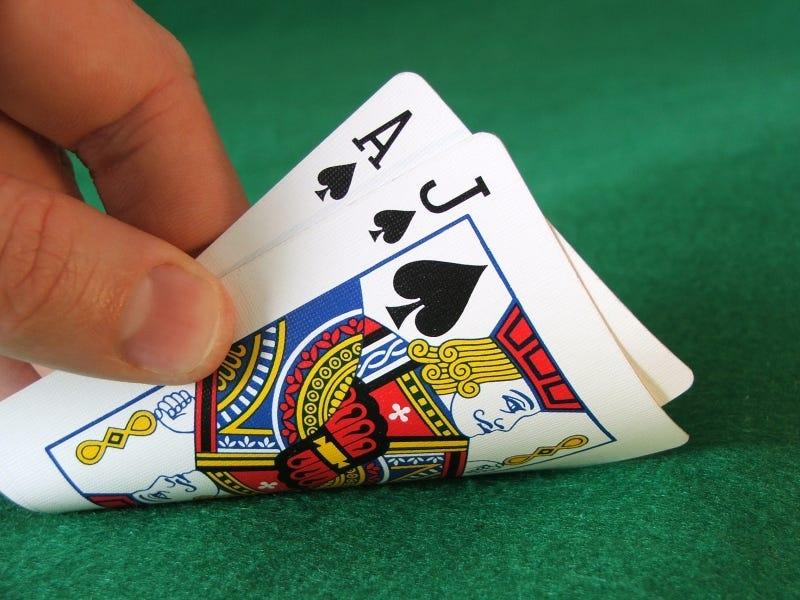For this critical play, I played several rounds of Blackjack on the website 247Blackjack.com. While the game is relatively simple, it poses significant risks for addiction due to the psychological mechanisms it leverages within its design.
The target audience for 247Blackjack.com is adults, particularly those who enjoy casino games. The creator of this online Blackjack game is not specified, but the platform provides a fun user-friendly experience that mimics the traditional casino setting with the chips and playing cards on a green-felt table. Because the game is digital and free it is accessible to a broad audience.
Blackjak incorporates several elements that heighten its risk for addiction. Because the game is very simple to play, and in addition to the unpredictability with the cards, it creates an irresistible experience for players. Because with the game you get immediate feedback of either win (“Win $$$”) or loss (“Dealer Wins!), it reinforces the addictive behavior by exploiting the human brain’s reward system.


As it relates to probability, each game starts with players and the dealer being dealt two cards. Players can then choose to “hit” (take another card) or “stand” (keep their current hand), with the goal of getting as close to 21 as they can without going over (“bust”). The standard 52-card deck that the game relies on introduces an element of randomness that players often misinterpret as skill-based.

In Blackjack, there are 16 cards valued at 10 (10s, Jacks, Queens, Kings) in a 52-card deck, representing approximately 30.77% of the deck. This high probability of drawing a 10-value card influences players’ decisions, especially when they have a hand value close to 21. The presence of the Ace, which can be valued at 1 or 11, adds another layer of complexity because that Ace provides a little more flexibility. For instance, if a player is dealt an Ace and a 7, they can choose to count the Ace as 11, giving them a “soft 18.” This is advantageous because if they decide to hit and receive a high card (like a 10), they won’t bust as the Ace can then be counted as 1 instead of 11. This probability structure often leads players to believe they can predict outcomes based on previous hands, a cognitive bias known as the gambler’s fallacy.
Compared to other chance-based games like slots, Blackjack is often perceived as a game of skill. This perception is misleading, as the outcome of each hand is largely determined by chance. In contrast, slot machines are purely chance-based, with outcomes determined by random number generators (RNGs). However, both games share a critical similarity: they exploit the human tendency to seek patterns in randomness. In Blackjack, the belief in one’s ability to control or predict outcomes based on card counting or other strategies can lead to sustained play and increased risk of addiction. Slot machines, on the other hand, use visual and auditory stimuli to create a sense of excitement and anticipation, reinforcing addictive behavior through intermittent rewards. Moreover, the structural features of online Blackjack, such as easy betting and the absence of stopping points, encourage players to continue to play. The auditory and visual cues (i.e. the sound of cards being dealt, the display of chips) help to mimic the sensory environment of a physical casino.
To reduce the risk of addiction, online Blackjack games could incorporate features such as having mandatory breaks for players , clear indicators of time spent playing so they can keep track of how long they are playing and put limits on themselves, and also incorporate warnings about the risks of gambling addiction. Additionally, providing resources for responsible gambling and links to support services could help mitigate the negative impact on players.
When playing myself, I noticed that even though it was a free game with no real money at stake, the sense of risk and reward was still very much there. I often felt a fear of losing, which made me hesitant to bet high amounts. However, there were a few moments where I was driven by a mix of excitement and risk-taking when I became bold and bet all my chips. When I won, the euphoria was intense and gave me a rush that made me want to take my winnings and leave the game. This experience highlighted how the thrill of gambling and the emotional highs and lows can be compelling, even in a simulated environment.





